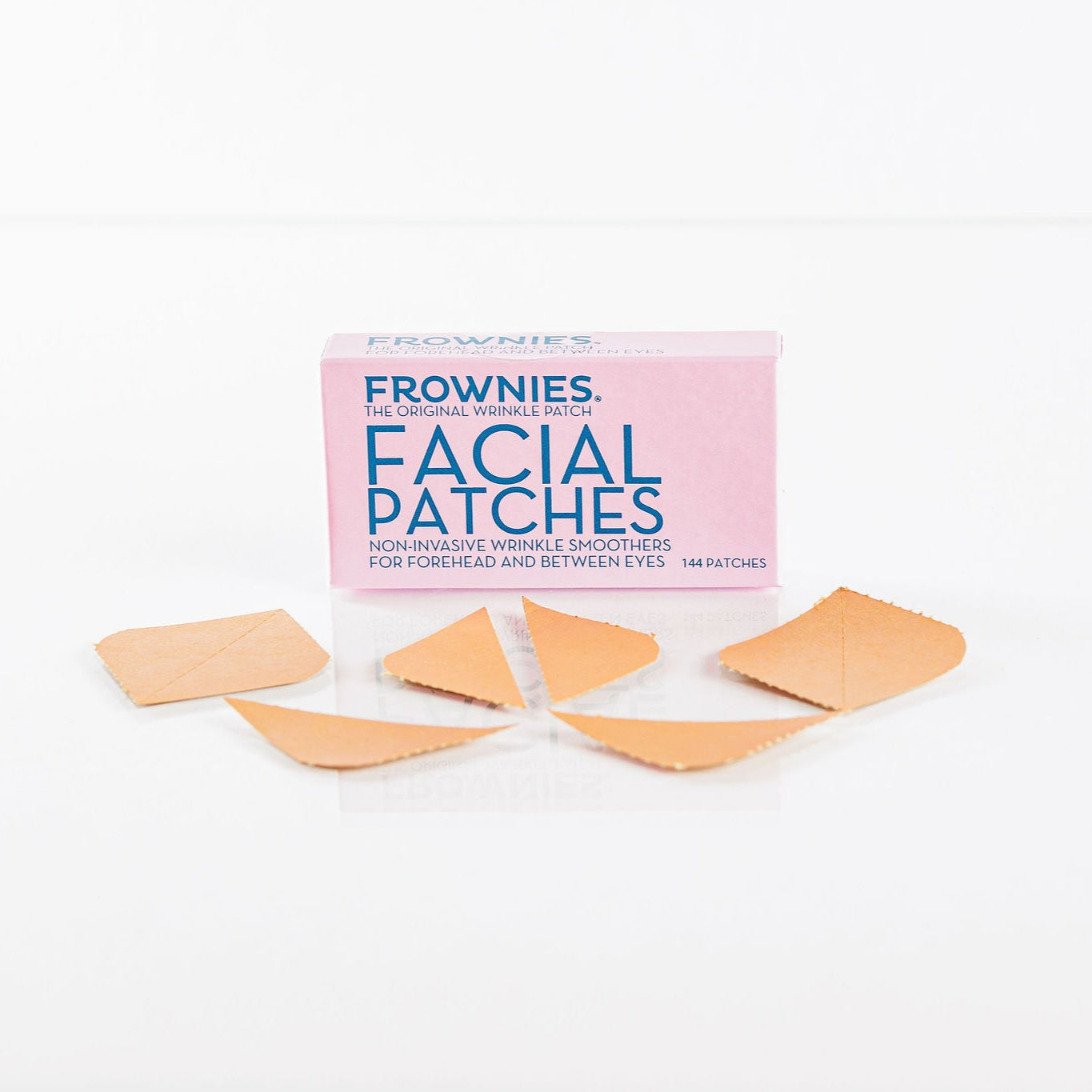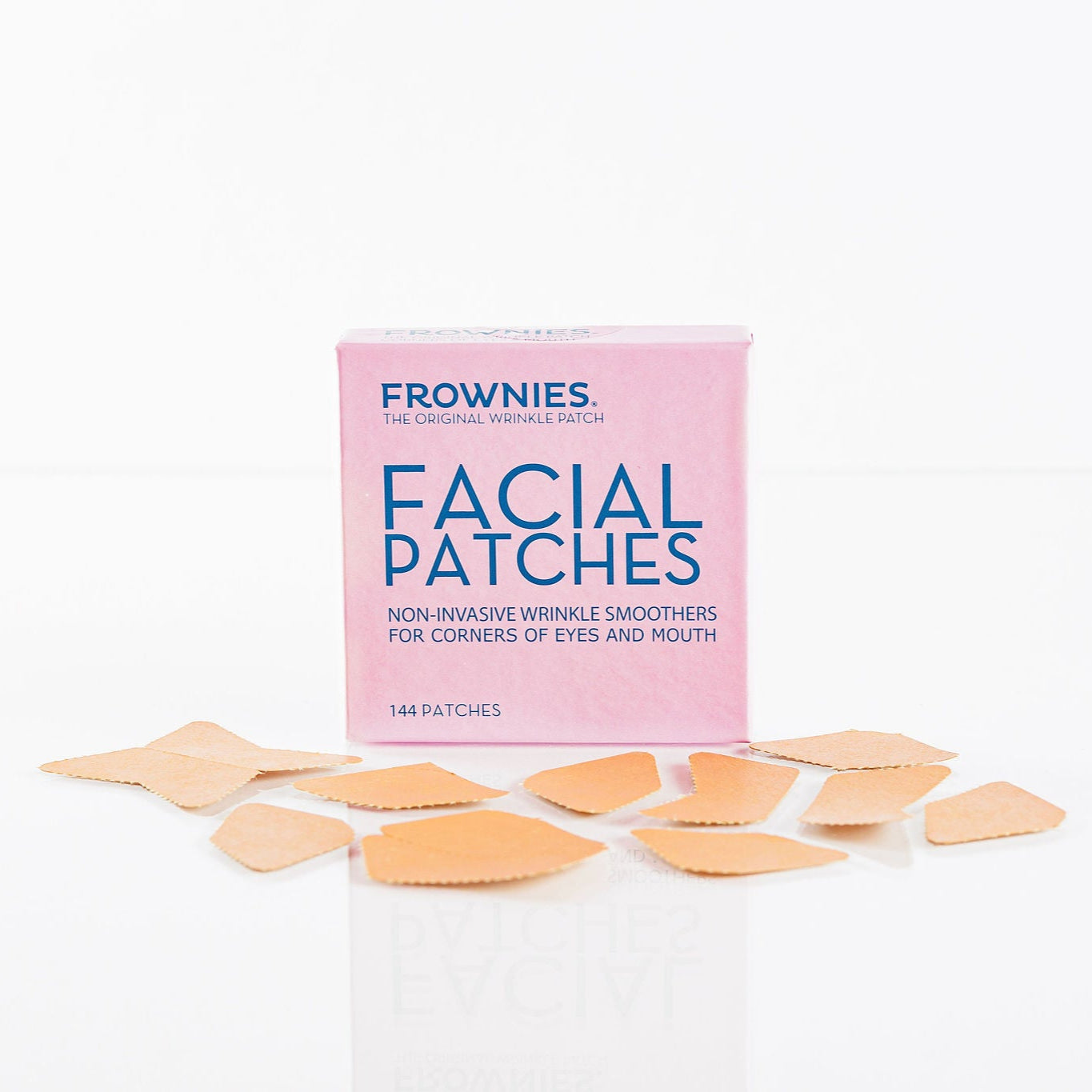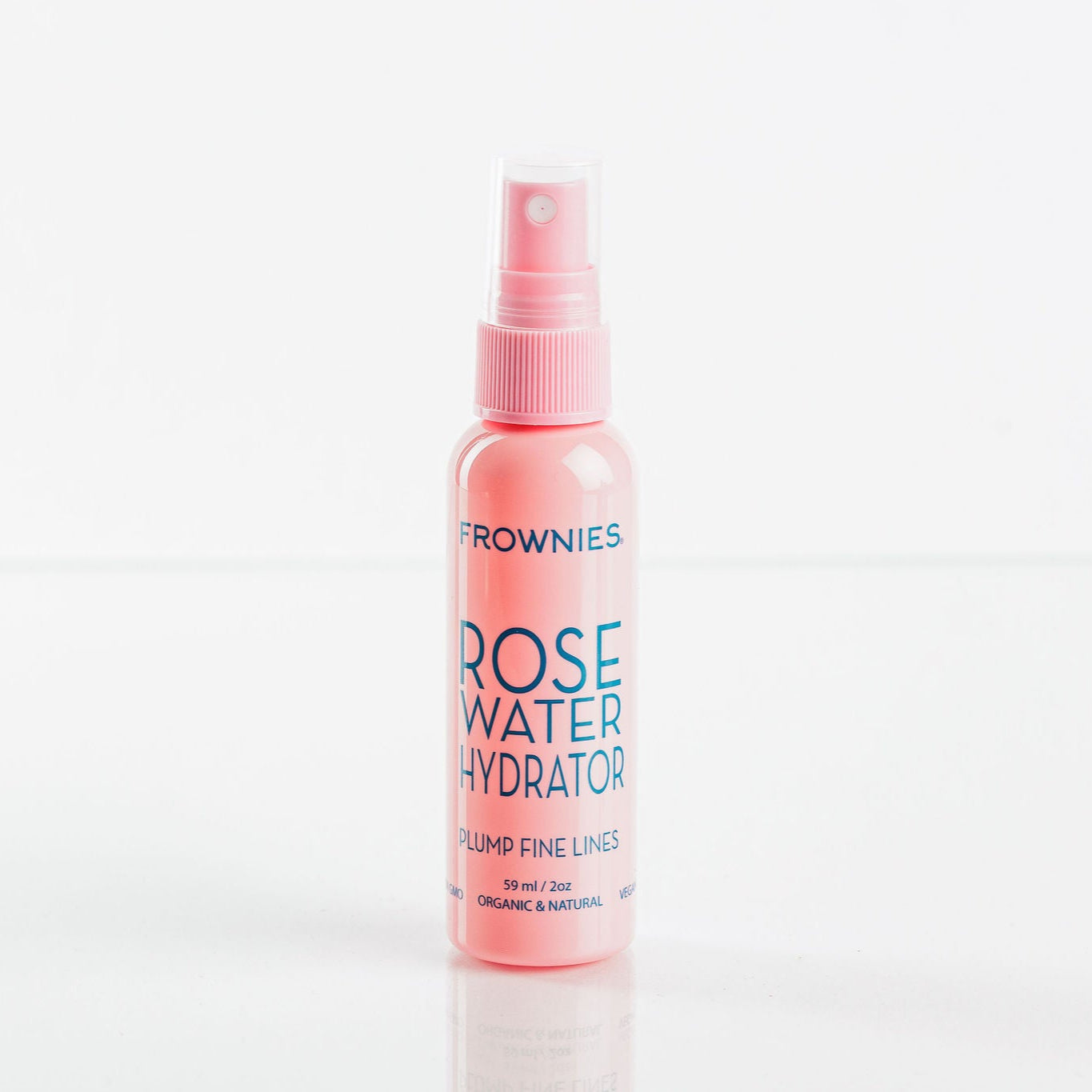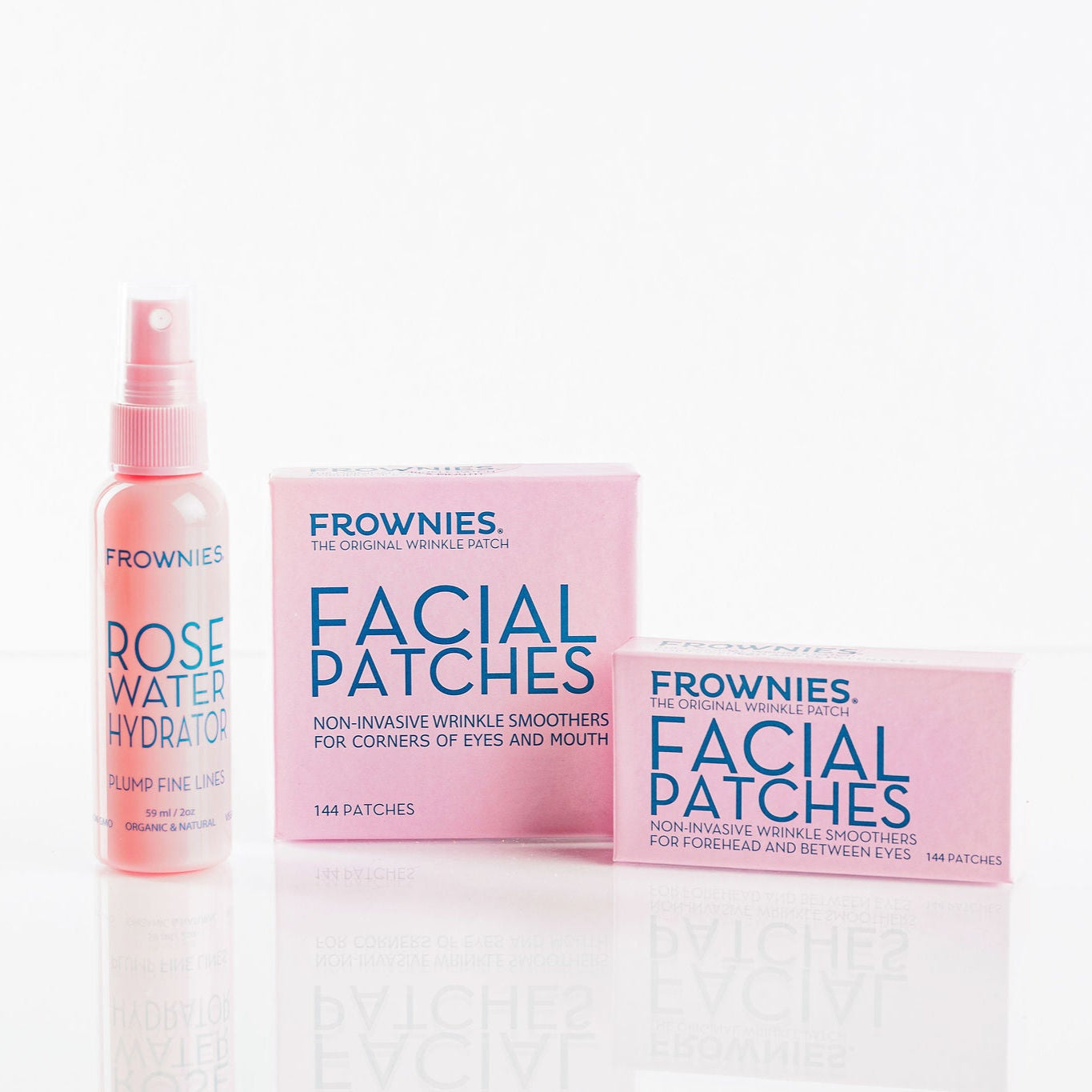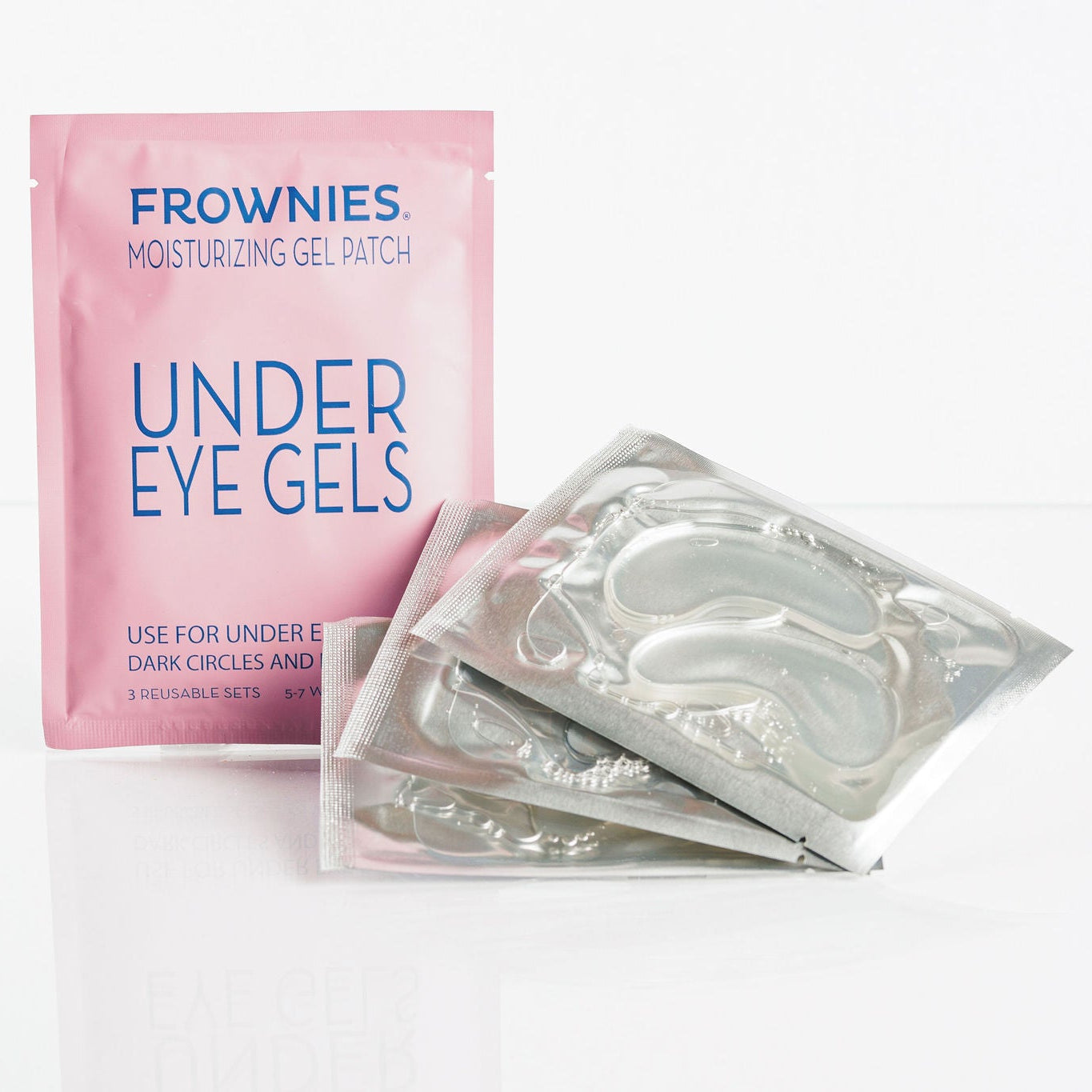Introduction
Dealing with acne breakouts can be a frustrating and challenging experience.
Finding the right skincare products can play a crucial role in managing and healing acne-prone skin. However, not all skincare ingredients are created equal when it comes to combating acne.
In this blog post, we will explore the ingredients commonly found in skincare products that may contribute to acne breakouts and highlight the ingredients you should look for to help limit acne or heal acne breakouts.
By understanding these ingredients and making informed choices, you can create an effective skincare routine that supports clearer, healthier skin.
Ingredients that may Contribute to Acne Breakouts
Comedogenic Ingredients
Comedogenic ingredients are substances that have a tendency to clog pores, leading to the development of acne. These ingredients can exacerbate existing acne or trigger new breakouts.
Common comedogenic ingredients include certain oils like coconut oil, cocoa butter, and avocado oil. While these oils may be beneficial for some skin types, they can be problematic for acne-prone individuals.
But it may not be necessary to avoid facial oils altogether. Many plant-based oils are considered non-comedogenic and are soothing and healing to acne-prone skin. Learn more about the top 10 noncomedogenic face oils that are found in Frownies Skin Serum.
Additionally, some waxes, such as lanolin and beeswax, can have comedogenic properties.
It's important to note that comedogenicity can vary from person to person, so what may clog one person's pores might not affect another's. If you are prone to acne, it's advisable to avoid or minimize the use of products containing known comedogenic ingredients.
Skin Irritating Ingredients
Certain ingredients can irritate the skin and exacerbate acne breakouts. These ingredients may cause inflammation, redness, and increased oil production, leading to clogged pores.
Alcohols, particularly denatured alcohol or SD alcohol, is a common irritant found in many skincare products, including toners and astringents.
Fragrances, both synthetic and natural, can also be potential irritants for sensitive or acne-prone skin. Frownies avoids artificial fragrances in their skincare formulations.
Similarly, harsh surfactants like sodium lauryl sulfate (SLS) or sodium laureth sulfate (SLES) can strip the skin of its natural oils, disrupting the moisture balance and triggering acne flare-ups.
Avoiding products that contain these potentially irritating ingredients can help reduce the risk of further aggravating acne-prone skin.
Occlusive Ingredients
Occlusive ingredients are substances that create a barrier on the skin's surface, trapping moisture but also potentially trapping bacteria and oil, leading to clogged pores.
Examples of occlusive ingredients include mineral oil, petrolatum, and some silicones like dimethicone.
While occlusives can be beneficial for dry or dehydrated skin, they may pose a risk for acne-prone individuals.
It's important to note that not all occlusive ingredients are comedogenic, and some may be well-tolerated by acne-prone skin. However, if you are concerned about clogged pores, it's advisable to choose lighter, non-comedogenic moisturizers and avoid heavy occlusive ingredients.
Silicones
Silicones, such as dimethicone and cyclopentasiloxane, are synthetic polymers often used in skincare products to create a smooth, silky texture and provide a temporary feeling of smoothness and pore-filling effect.
However, silicones can create a barrier on the skin that traps oil, bacteria, and impurities, potentially leading to clogged pores and acne breakouts.
For acne-prone skin, consider opting for silicone-free formulations or products that use lighter alternatives like plant-based emollients or natural oils.
Natural Skincare Ingredients for Acne-Prone Skin
When it comes to managing acne-prone skin, natural skincare ingredients can offer a gentle and effective approach. Plant-based ingredients, when incorporated into skincare products, can provide valuable support for a clearer and healthier complexion.
In this section, we will explore the benefits of various natural ingredients that can help soothe, heal, and balance acne-prone skin.
Aloe Vera
Aloe vera is a time-tested ingredient known for its soothing and healing properties. For acne-prone skin, aloe vera offers multiple benefits.
Aloe vera has anti-inflammatory properties help reduce redness and calm irritated skin, while its moisturizing effects keep the skin hydrated without clogging pores. Aloe vera also contains antimicrobial compounds that can combat acne-causing bacteria.
When applied topically, aloe vera can aid in the healing process of acne blemishes, promoting faster recovery and minimizing scarring.
Look for skincare products, including Frownies Aloe and Oat Gel Moisturizer, with high-quality aloe vera gel or juice for optimal benefits.
Lavender Flower Oil
Lavender flower oil is renowned for its calming aroma and has been used in skincare for its skin-soothing properties.
When it comes to acne-prone skin, lavender oil's antibacterial and anti-inflammatory qualities can be beneficial. It may help fight acne-causing bacteria and reduce inflammation associated with breakouts.
Additionally, lavender oil's gentle nature can help soothe and balance the skin, making it an appealing choice for those with sensitive or acne-prone skin.
Frownies pH Balancing Face Wash contains lavender flower oil and gentle cleanses and works with the body’s natural pH to balance oil production.
Organic Rose Hydrosol
Organic rose hydrosol, derived from the steam distillation of rose petals, offers a range of benefits for acne-prone skin.
Rose hydrosol’s hydrating properties help maintain the skin's moisture balance without clogging pores.
The natural pH of rose hydrosol helps restore the skin's acid mantle, promoting a healthier complexion while protecting from acne-causing bacteria.
Additionally, its soothing and anti-inflammatory properties can calm redness and irritation often associated with acne breakouts.
Organic rose hydrosol found in Frownies Rose Water Hydrator spray is a gentle option for those seeking a natural toner or facial mist to support acne-prone skin.
Sea Buckthorn Oil
Sea buckthorn oil, extracted from the berries of the sea buckthorn plant, is a rich source of vitamins, antioxidants, and essential fatty acids. Its unique composition makes it beneficial for acne-prone skin.
Sea buckthorn oil's high content of omega-3, -6, -7, and -9 fatty acids helps nourish and hydrate the skin without clogging pores. The oil's anti-inflammatory properties can reduce redness and calm irritated skin.
Sea buckthorn oil also contains antioxidants that combat free radicals and support the skin's natural healing process.
Look for skincare products with pure, organic sea buckthorn oil, such as Frownies Skin Serum, which is packed with 10 noncomedogenic plant-based oils that won’t clog pores.
Moroccan Red Clay
Moroccan red clay, also known as Rhassoul clay, is a natural clay sourced from the Atlas Mountains in Morocco.
This clay offers excellent oil-absorbing properties, making it valuable for oily and acne-prone skin. By drawing out excess sebum, Moroccan red clay helps unclog pores and minimize the buildup of oil and impurities that contribute to acne breakouts.
Moroccan red clay also provides gentle exfoliation, removing dead skin cells and promoting a smoother complexion. Additionally, Moroccan red clay possesses natural anti-inflammatory properties that can soothe and calm inflamed skin.
Look for skincare products containing high-quality, pure Moroccan red clay to harness its detoxifying and clarifying effects. Use Frownies Blue-Green Algae Face Mask weekly to deep cleaning pores and absorb excess oil from the skin.
Conclusion
Navigating the world of skincare ingredients can be overwhelming, especially when it comes to choosing products for acne-prone skin. By understanding which ingredients may contribute to acne breakouts and which ingredients to look for to help limit acne or heal acne breakouts, you can make informed decisions when selecting skincare products.
Remember, what works for one person may not work for another, so it's essential to pay attention to your skin's individual needs and reactions.
Building an acne-friendly skincare routine with the right ingredients, such as Frownies Skincare Basics set, can help you achieve clearer, healthier skin and boost your confidence.
